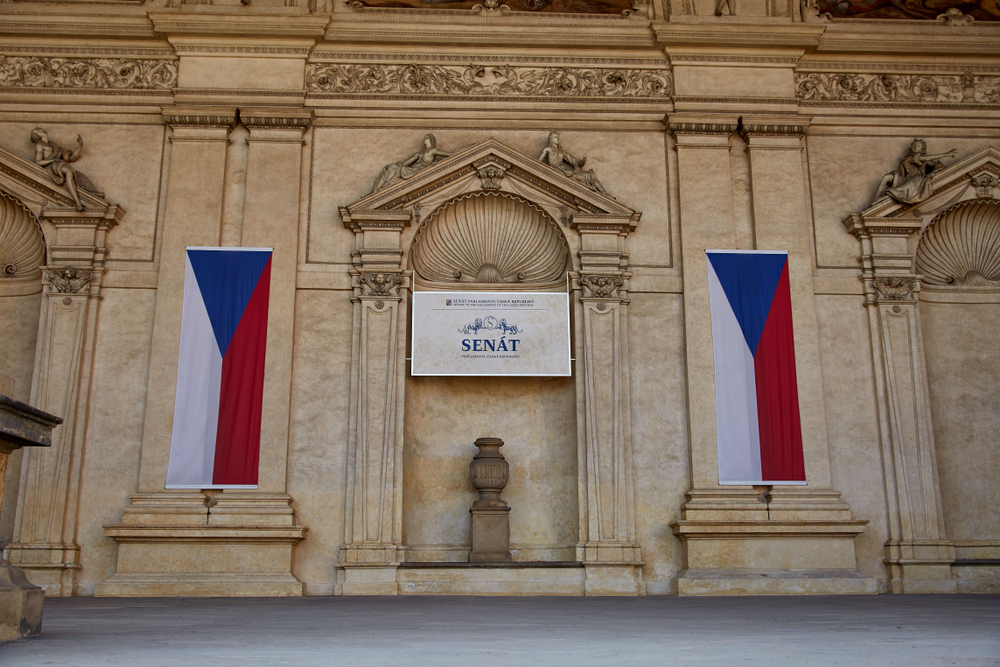The Czech Senate approved on Thursday the proposed Czech-U.S. agreement on defense cooperation. This will cement a legal framework for the possible future deployment of U.S. troops on Czech territory and their cooperation with the Czech military.
The security agreement, first approved by the Czech government back in April, was voted for by 66 of the 72 senators present in the chamber.
The agreement will now head to the House of Representatives, which must also approve the framework; they will vote on the matter on July 19.
Critics of the agreement claim it cedes Czech sovereignty by allowing U.S. troops to establish military bases on Czech territory; however, Defense Minister Jana Černochová insists that is not automatically the case.
“At a time when brutal Russian military aggression is still taking place not far from our borders, it is in the security interest of the Czech Republic to deepen defense cooperation with the USA,” Černochová said following the vote.
“The agreement does not give the armed forces the right to stay on Czech territory,” she added, claiming that Czech lawmakers retain the final say on which soldiers and units of the U.S. armed forces can be stationed in the country.
The agreement will bring Czechia into line with a number of other NATO members who have similar agreements with the United States, including Germany, Poland and Hungary. Czechia was the only remaining nation of the Visegrád Group not to have such an agreement with NATO’s largest contributor.
The agreement was opposed by just two senators in the chamber, including the independent Jana Zwyrtek Hamplová, who expressed concerns over the deal and recalled Czechia’s troubled history with its former occupation by the Soviet Union.
“There is nowhere to turn,” she said during the debate, calling the conditions upon which U.S. troops will be allowed to be stationed in the country unbalanced and claiming the agreement does not allow for a review of the conditions following any potential violations.
The independent’s comparison to the Soviet occupation was deemed “absolutely absurd and unacceptable” by Zdeněk Nytra, the senator for Ostrava and a member of Prime Minister Petr Fiala’s governing ODS party.
Other senators in favor of the deal insisted it was necessary to combat the “real threat” posed by Russian President Vladimir Putin in light of the ongoing conflict in Ukraine, with another ODS senator, Miroslava Němcová, calling the “confused distorted misinformation” about the agreement pushed by political adversaries unhelpful.
“The treaty is a manifestation of the hybrid war that Russia is waging against the Czech Republic,” she added.
“If we had been left alone, we would have been asking for evil,” added the chairman of the Senate Committee on Foreign Affairs, Defense and Security, Pavel Fischer.
The agreement includes exemptions from taxes and customs duties for U.S. soldiers stationed in Czechia, preferential conditions for U.S. armed forces’ suppliers, and a non-exhaustive list of locations currently occupied by the Czech military that could be used in the future by U.S. armed forces “under pre-agreed conditions.”
The right-wing Freedom and Direct Democracy party, led by Tomio Okamura, remains opposed to the agreement in its current form; it says it will not support the agreement until there is a national referendum to ensure that no U.S. military base is established on Czech territory without the support of the Czech people.






